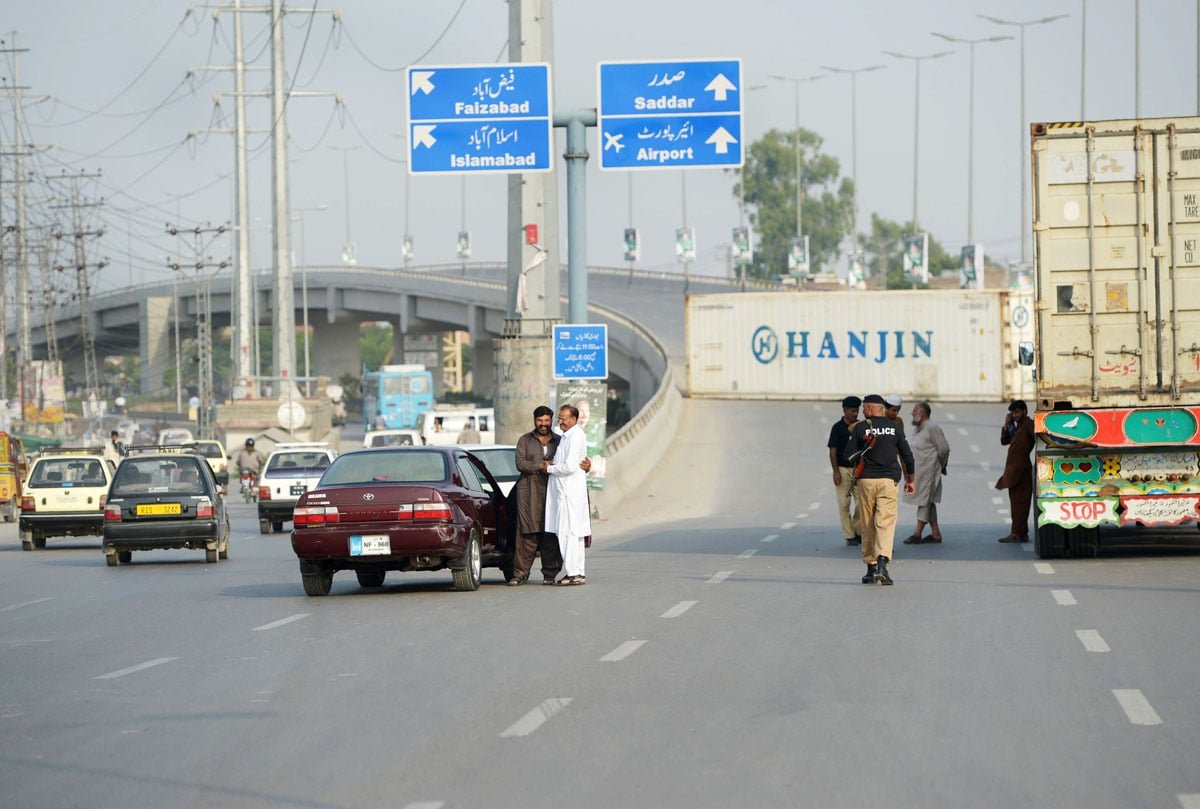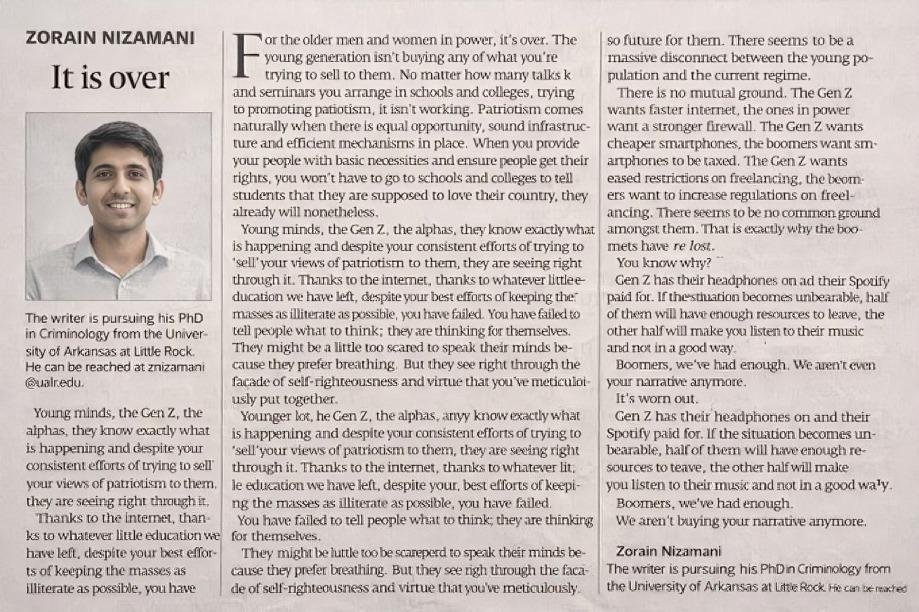Editorial
In recent months, Pakistan has seen a disturbing increase in internet disruptions and restrictions on social media platforms, raising concerns about the impact on its citizens. The Wireless and Internet Service Providers Association of Pakistan reported a significant decrease in internet speeds, resulting in frequent disruptions to online services such as WhatsApp, which is widely used across the country.
Initially, the government denied any responsibility for the slowdown, attributing it to the performance of internet service providers and telecom operators. However, during a senate hearing on August 15, the minister of state of information technology admitted that the government had been upgrading its “web management system” to address cyber security threats. Despite avoiding the term ‘firewall,’ it is apparent that the government’s actions are aimed at increasing surveillance of the online space to counter perceived national security threats, leading to the observed internet slowdown.
While the government may have legitimate concerns about online security threats, it cannot dismiss the detrimental impact of its actions on the economy and fundamental freedoms. Internet connectivity issues, disruptions to platforms like WhatsApp, and crackdowns on VPNs pose a serious threat to Pakistan’s digital ecosystem and could disrupt the livelihoods of millions. Reports from the Pakistan Software Houses Association indicate potential economic losses of $300 million and the risk of a “complete meltdown of business operations” due to the recent internet disruptions.
Pl subscribe to the YouTube channel of republicpolicy.com
Furthermore, these restrictions could have ripple effects on the country’s tech start-up space and foreign direct investment, compounding the challenges faced by the services sector. The government’s approach to internet freedoms must consider not only national security but also the protection of the business environment, the economy, and fundamental rights such as freedom of expression, access to information, and privacy.
It is evident that any measures with a significant impact on fundamental rights and the economy should be implemented with oversight, transparency, and consultations with relevant stakeholders. The lack of these elements has been a cause for concern in the current situation. The authorities must reconsider their approach to internet freedoms and consider the grave socioeconomic consequences that could jeopardize economic stability and societal well-being.
Therefore, it is critical that the government must take the concerns of the citizens on priority and ensure free and transparent internet. It is not only vital for political and social freedoms but also for the economy of Pakistan.















